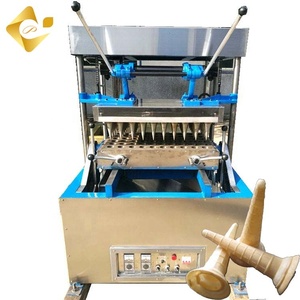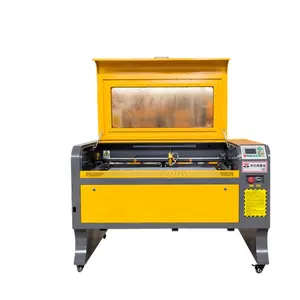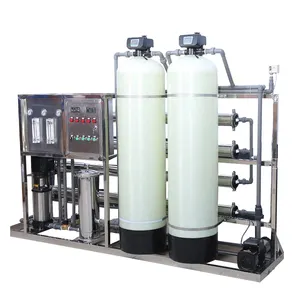Popular in your industry









Related Searches:
























Top categories
About lead screw bearings
Lead screw bearings are essential components in machinery and equipment that require precise linear motion. They are designed to support and guide lead screws, ensuring smooth and accurate translation of rotational motion into linear movement. Lead screw bearings play a crucial role in various applications, such as CNC machines, 3D printers, and other automated systems where precise positioning is required.
Types of Lead Screw Bearings
One common type is the Acme screw bearing, which is used with Acme screws to provide efficient and precise linear motion. The Acme screw bearing is designed with a trapezoidal thread profile, offering high efficiency and load-bearing capacity. Another type is the ball bearing lead screw, which incorporates ball bearings between the screw and nut to reduce friction and enhance smoothness in linear motion. Ball bearings in the nut interface with the screw threads, allowing for low friction and high efficiency. This design is particularly advantageous in applications requiring high precision and repeatability, such as in CNC machines and precision measuring devices. The use of ball bearings in a lead screw assembly can significantly reduce friction, resulting in smoother and more efficient linear motion. Additionally, the ball bearings help distribute the load evenly along the screw, leading to improved performance and longevity of the system. The lead screw ball bearing configuration is particularly beneficial in applications where precise positioning and minimal backlash are critical.
Features of Lead Screw Bearings
Lead screw bearings are available in various materials, including steel, bronze, and plastics, each offering specific benefits such as corrosion resistance, self-lubrication, or high load-bearing capacity. The choice of material depends on the application requirements, environmental factors, and desired performance characteristics. Lead screw bearings are often designed with integrated lubrication mechanisms to reduce friction and wear, ensuring smooth and efficient operation over extended periods. Additionally, some lead screw bearings incorporate sealing elements to prevent contaminants from entering the bearing, enhancing its durability and reliability. These features make lead screw bearings suitable for a wide range of industrial and automation applications, providing precise and reliable linear motion.
Benefits of Using Lead Screw Bearings
The benefits of using lead screw bearings include their ability to convert rotary motion into linear motion with high precision and repeatability. This is essential in applications where accurate positioning is critical, such as in CNC machines and medical devices. Lead screw bearings also offer high load-carrying capacity, making them suitable for applications that require the transmission of substantial axial forces. Furthermore, lead screw bearings can operate at various speeds, providing flexibility in different industrial and automation settings. Their simple design and ease of installation contribute to their widespread use and cost-effectiveness for many applications.





























